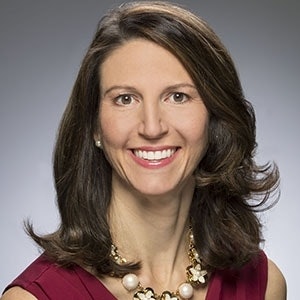Black students have lower six-year completion rates for degrees or certificate programs than any other racial or ethnic group, according to a recent Lumina Foundation-Gallup 2023 State of Higher Education study. Dr. Courtney Brown
Dr. Courtney Brown
These outcomes are a result of racial discrimination, high higher education costs, and several external responsibilities, the study found. Black student enrollment as a whole has fallen over the last decade.
A minority of Black Americans (35%) have associate degrees or higher, which may be an issue for career mobility and general well-being because even the well-paying jobs that do not require a degree may still require certification and training.
Black students in less racially diverse programs are more likely to feel discriminated against, physically and psychologically unsafe, and disrespected, which prompts them to abandon higher ed, the study found.
Black respondents in short-term credential programs (32%) reported feeling discriminated against at least occasionally compared to those in associate’s (16%) and bachelor’s programs (14%). And Black students at private for-profit institutions are more likely (34%) to report discrimination than those at public (17%) or private, not-for-profit institutions (23%), according to the study.
“The data is sad and distressing, but the fact that we now have the data, we can’t hide and say we don’t know anymore,” said Dr. Courtney Brown, vice president of strategic impact and planning for the Lumina Foundation.
As for external responsibilities, the study found that Black bachelor’s students are twice as likely (36%) as other bachelor’s students (18%) to have roles as caregivers or full-time workers.
The study also contains recommendations to help remedy such issues, such as offering campus childcare, increasing financial aid and scholarships, providing more coursework flexibility, appointing more people of color in leadership positions, and making sure policies have zero tolerance for discrimination.
Brown praised Historically Black Colleges and Universities (HBCUs) as institutions with leaders who look like their students and provide a sense a belonging.
“But it’s not just up to HBCUs – it’s up to all institutions to ensure that they are inclusive, that they don’t discriminate against any individual, that they provide a welcoming environment, and that they’re working to ensure the success of every single student that they enroll,” Brown said.















